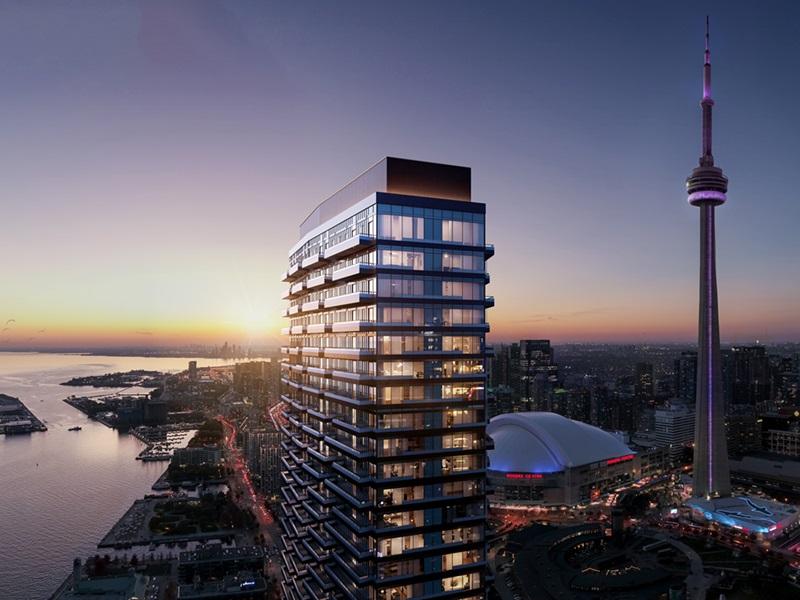When I started my real estate career 15 years ago in Texas, most of the major homebuilders in Dallas operated across the state, and many were publicly traded companies with offices across the United States.

Ben Myers operates the boutique residential real estate advisory firm Bullpen Research & Consulting Inc.
When I moved back to Canada and took a similar job tracking the new housing market, I was surprised there were no residential developers listed on the TSX. The market was dominated by private, family-run homebuilders.
In 2002, my first year collecting data on the Toronto low-rise housing market, construction started on 22,115 new single-detached homes according to CMHC. In 2017, there were just 10,172 new single-detached housing starts in the Toronto Census Metropolitan Area. The Places to Grow Act and changing preferences for urban living have all contributed to a shift to high-density built forms, infill development, and high-rise condominiums.
Buying spree for development land
Over the past 10 years, condo developers have bought up all of the “low-hanging fruit” in the City of Toronto: parking lots, single-storey retail buildings close to the subway, and former large-scale industrial lands in downtown settings.
Developers were forced to get more creative as the years have gone by. Developers started partnering with rental apartment owners with excess land, further intensifying their “tower in the park” sites.
About six of seven years ago, I started fielding calls from REITs with urban sites. They wanted to know if they could extract some value by carving off a piece of their lands and selling it to a residential developer.
The discussion eventually evolved into a partnership model, and a couple of smaller-scale mixed-use projects popped up. One of the most talked about at the time was Queen & Portland by Tribute Communities and RioCan in Queen West.
These collaborations have become much bigger and more complicated, with the most prominent project today being The Well. Located on the former Globe & Mail lands at the northwest corner of Front Street West and Bathurst Street, The Well is a partnership between RioCan REIT (REI-UN-T), Allied Properties REIT (AP-UN-T), and Diamondcorp. Tridel and Woodbourne Canada Management are involved in the residential portion of the project, which includes more than 1.4 million square feet of condominium and rental apartment space.
A few years ago, SmartCentres REIT (SRU-UN-T) introduced SmartUrban, its new approach to city building which included new developments where people can live, work and play.
SmartCentres has also looked to urbanize the suburbs, with its first major project being SmartCentres Place in Vaughan, with apartments, retail and office uses. The first three residential buildings include more than 1,700 condominiums combined, with partner CentreCourt Developments blowing out the sales in record time.
RioCan officially enters residential market
In March, RioCan REIT announced a new brand, RioCan Living. In its press release, RioCan indicated a desire to rethink its portfolio of commercial assets, but triumphantly announced this is its official and permanent entry into the residential market.
In preparing the latest GTA High-Rise Land Insights Report with Batory Management, we reviewed a number of high-density transactions by Timbercreek Asset Management in the first quarter, likely signalling its intention to build several new apartment towers.
Land prices are skyrocketing, development charges are rising, construction costs are way up, and interest rates are rising. Real estate development risk has increased.
With the influx of public money into homebuilding, will the small and mid-sized developers, whose cost of capital is much higher, be able to survive?
Ben Myers is the President of Bullpen Research & Consulting Inc. He produces market demand reports and residential pricing recommendation studies for builders, lenders and landowners in Toronto and Ottawa. He assists in the underwriting and due diligence of real estate development opportunities from a revenue and land value perspective. Find him at www.bullpenconsulting.ca or on Twitter at @BullpenConsult







